JOSHUA:
Hello, and welcome to “Understanding rare non-small cell lung cancer mutations, insights and access and support”. My name is Dr Joshua Sabari. I'm a thoracic medical oncologist at NYU Langone Health, and I'll turn it to you, Debra, to introduce yourself.
DEBRA:
Hello, everyone! I'm Debra Montague, and I'm the President of Lung Cancer Europe, and also the Founder and Chair of ALK Positive UK. Oh, and a lung cancer patient.
JOSHUA:
Thank you again, Debra, for joining us. We know that driver mutations are actually quite common in non-small cell lung cancer, including EGFR, ALK Fusion, RET, ROS-1, MET exon 14 skipping alterations, HER2 exon 20 insertions, NRG-1 fusion and many others, and it's quite important to understand what driver alteration is
driving your cancer, because we have approved match targeted therapies that not only improve quality of life but actually improve overall survival and outcome for patients.
You know, maybe each individual alteration is rare on its own, like we mentioned ALK making up 3 to 5% of non-small cell lung cancer. But if you take all of these alterations together, it probably makes up 40 to 50% of lung cancer. So, Debra, if you can start, would you be happy to tell us about your type of non-small cell lung cancer?
DEBRA:
Yes, I've got a rare form of lung cancer. I've got ALK-positive lung cancer. So, my understanding is that two-thirds of patients are female with this type of lung cancer. And unfortunately, because it's quite difficult to detect, over 90% of us are diagnosed at Stage 4.
JOSHUA:
Yeah. So, Debra, tell me a little bit about your journey? We know that non-small cell lung cancer is quite common. Some of these rare mutations and alterations, such as ALK fusion, as you mentioned, are uncommon. And you mentioned how difficult sometimes it is to identify these. So, tell me about your journey, and how was your ALK fusion identified?
DEBRA:
Well, my journey started off with just a simple cough, and I eventually went to see my GP. Only because it just wasn't going. So, I had an X-ray and a blood test that came back normal in actual fact. So, I still had the cough. She referred me to a respiratory consultant and he did the same. He did another X-ray, another blood test, still came back the same, and it was only when I had a CT scan, was it identified.
So, I found out first of all, that I had lung cancer.
And then unfortunately, the gentleman, the doctor there, didn't explain things particularly well, because I had to wait another 3 weeks to understand what type of lung cancer I had. And he didn't really go into the details. So, eventually I had a phone call and was told that I was ALK positive. So, I still didn't know what it was. So, I spent the evening Googling.
So, Josh, can you tell me how these rare mutations are actually identified, and at what point in the patient pathway?
JOSHUA:
Sure, it's a great question.
You know, all patients newly diagnosed with non-small cell lung cancer should have broad panel next-generation sequencing done. And I do that up front. I do it at diagnosis. Some of our colleagues’ institutions have this done reflexively. So, meaning it's already done before the patient meets the medical oncologists, done by the pathology group. Most institutions still depend on the medical oncologist to order these tests. And again, it's important to do it up front because it can guide therapy in the front line, meaning the first treatments that we use for patients could be guided by this information.
It's important to note, that in maybe 10 to 15% of people when we do next-generation sequencing, we don't identify a driver mutation. And then there are more in-depth tests that we can do, meaning they had a mutation, but we didn't identify it. And there
are more in-depth tests that can be done to better identify these mutations, especially in patients who have a very high likelihood of having a driver mutation, such as a young patient, someone who's, you know, female, someone who never smoked.
I also do test at progression. You know, patients who are on therapies where we're seeing growth of cancer. It is important to rebiopsy and retest, because sometimes we can learn about changes in the tumour DNA, or information to help us guide subsequent therapies as well. So, upfront testing is critical to guide treatment, but also at the time of growth of the tumour, it may be helpful to test again.
So, Debra, what has been your experience with broad panel next-generation sequencing? How was your ALK fusion identified?
DEBRA:
So, when I was identified 8 and a half years ago, I wasn't actually identified through the broad panel, but I know that a lot of patients are nowadays, and we certainly advocate for rebiopsies to be done with the broad panel, so that you can pick up any changes in the cancer. So, it is becoming much more the norm for broad panel testing, which is good news, because that's where the even rarer forms of lung cancer are going to get picked up.
JOSHUA:
You bring up a great point. A lot of the older tests that we utilised didn't have a high sensitivity or specificity for some of these mutations, whereas broad panel next-generation sequencing is going to capture all alterations. And it's important to know what type of testing your oncologist is doing.
Can you tell me a little about your journey? Navigating sort of treatment decisions with the rare alteration, and how, in particular, have advocacy groups helped you? And I know you're a proud founder and member of a group in this space.
DEBRA:
Yeah, when I was first diagnosed, I mean, the shock is enormous, because with a lot of the rare lung cancers, most people are non-smokers. So, it's the last diagnosis you're expecting. So, that was the first thing to get over was that, that shock.
And then to understand that you have a rare form. Okay, it can feel quite isolating because you're not going to come across many of us. And so yeah, so I looked onto the Internet to find a support group at the time, that was in the US. Because you, you need to feel that you can talk to someone who understands, and that's the important bit. And I think that's what advocacy groups give you. You don't feel alone. And you can ask other patients if what you're experiencing is normal.
And also, they keep you up to date with the latest information. Not everybody is being treated by an ALK expert, and so it can be difficult for oncologists to keep up to date with any trials that are available, especially for such a rare mutation. And so
that's been helpful, that the advocacy groups are very much on top of things. Yeah, and in the early days, armed me with enough information to allow me to own my condition.
JOSHUA:
So, Debra, with regards to treatment in your journey, what are you looking for from an oncologist? Give us some specifics on how we can do our job better to help patients with rare alterations?
DEBRA:
The first thing, I suppose, is to understand that for patients being diagnosed, that this has come as an enormous shock for anyone that's a non-smoker. And once you've said lung cancer, there's no point saying any more on that appointment, because they won't hear anything else.
It's very important to reassure patients that there are options, and there are some great treatments around. No, there's no guarantees, however, there is hope, and with the newer targeted treatments people can live many years and live well many years. I think that's the important thing.
And I suppose empathy and ideally, with an understanding of oncogene-driven lung cancers. We do suggest that patients can get a second opinion if they're at all concerned, and it's important that patients themselves, as well, you know, educate themselves so they can have an informed discussion with their, with their clinician.
For me, it's around about feeling that I can put my full trust in my oncologist. That I know he's got, you know, he's got my best interests at heart, and he's doing his best to keep me alive.
JOSHUA:
Yeah, I couldn't agree more. As we mentioned earlier, a diagnosis of lung cancer can be quite isolating, particularly for someone young and fit, who's never smoked, and the pretest probability for a lung cancer is relatively low. But, we are seeing more and more younger fit patients with these rare alterations being diagnosed. So, I agree, having that hope in the initial visits, explaining that there are treatment options available. Particularly the revolution of targeted therapy.
So, Debra, how did that discussion go with your clinician regarding these newer targeted therapies? Because most clinicians are sort of eager to start chemotherapy or chemotherapy and immunotherapy. How are you able to get onto a targeted therapy and tell me a little bit more about that journey?
DEBRA:
I was very lucky. I saw an oncologist who had a slight understanding, wasn't an expert, and she readily admitted she wasn't an expert, but I was comfortable with that, because at least she was being honest, and she said, “But I will, you know I'll find out everything I can for you”. And I said, “Well, that's more, you know, that's all I can ask”.
So yeah, because when I first went to the appointment, I was expecting to go on chemo, and I'd already, while waiting for the results, I'd already put every 3 weeks in my diary because people said, “Oh, yes, you'll have chemo every 3 weeks”. So, I worked out which weeks I wasn't going to be very good for very much, and then, by the third week, you know, would be back out living so I could throw, so I had to throw that away when I went to meet the oncologist. And yeah, with the great news that I was going to start on a targeted therapy.
So, I was put on a targeted therapy from the beginning, and I've been on one of three over the last 8 and a half years. So when I was first diagnosed, it was the only one available, and now there are, there have been three that have come to market since. So, the field is changing all the time.
JOSHUA:
Debra, it is remarkable how many targeted therapy options are available for people diagnosed with lung cancer. I think the critical teaching point for me is that you really need to ask what is my biomarker? Many oncologists are savvy and will do the testing, but some won't. And it's important that you advocate for yourself.
You mentioned the advocacy groups with the specific rare alterations. But, how would a patient sort of connect with an advocacy group? And how would you guide a patient newly diagnosed now in 2025, let's say, with a driver alteration?
DEBRA:
There's a multitude of different ways. Most of the advocacy groups are online. So, that's the easiest way. And then if you're identified as ALK in the UK, and you find us, then, you know, we would arrange, maybe to speak to you on the phone. Depending on how you sent your request in, patients join the Facebook group as they do on the US site and introduce themselves. And it's heartening to see, because loads of people will respond. And people, you know, just giving them hope.
So, yeah, it's great.
And then there's lots of information through the advocacy groups. Most have got, you know, very good websites with information for newly diagnosed patients. Because I think when you're newly diagnosed, you are just thrown into this medical world that is completely alien to you. Vast majority of people don't spend their time talking with doctors day in, day out, and doctors have their own language and get familiar with it, and so use it, you know, not realising that a lot of what they're saying might be misunderstood or completely not understood by the patient. So, we can demystify a lot of the things, you know, just something as simple as what's the difference between an MRI, a CT scan and a PET scan? Those things aren't ordinarily explained to you, so as a patient coming into it. And then you know, how do you find out about these things?
So, we can, as I say, demystify what's happening, and all the big words and bring them down to simple language. I think that's the important thing. So, people can take the information away with them, and they can come back time and time again, because sometimes hearing it once isn't enough. So, they've got time with us.
JOSHUA:
Yeah, Debra, I couldn't agree more. You know, I sit with a lot of patients newly diagnosed, with driver-altered lung cancer, and they tell me that, you know first off, the shock is immense, and they maybe take away 5%-10% of our discussion. We try to not use jargon. We try to be hopeful and optimistic. But it's a lot of information coming.
I think the advocacy groups are so important. I'm thinking of a young woman who, after 2 visits, really told me that she didn't feel comfortable with her diagnosis until she spoke to another young patient in an advocacy group who was going through the same thing as her, and was many years ahead in the sense of doing well on therapy, and she didn't believe that these treatments would work until she saw and talked to somebody going through the same thing. So, you have such a powerful role in that sense, mentoring and educating patients.
So, how can someone get a mentor? How can someone meet somebody in advocacy group?
DEBRA:
The most common way is through the healthcare professional, either the oncologist or in the UK, we've got oncology nurses, and they are very often referring patients. Patients will join at different times. We've got people who've joined, and they're 5 years into their journey, and it wasn't right for them at the time. You know, they had to deal with it in their own way. And then we've got people who join, and they haven't even started their targeted treatment yet.
JOSHUA:
Yeah, I agree with you. I echo that, different folks want to do, you know, sort of different amounts. And, some people don't want to join an advocacy group. And that's okay. But you can still utilise the resources from an advocacy group. And I tell patients that's sort of dipping your toes in the water. I then have patients who become board members and are vocal and active, and changing practice, running sort of clinical trial design workshops.
So you know, there's so many different ways to get involved, but just to know that it's available, and there for you. I highly recommend all patients reach out to advocacy groups, not only to learn more about their cancer, their diagnosis, but to get support for maybe family, from friends, from colleagues, but also to really help better the field for patients who may come before them and after them.
So, Debra, to summarise. What are some of your take-home messages for the rare non-small cell lung cancer mutation space?
DEBRA:
I think that you said it earlier on. It's so important to get tested, because it can change your outlook enormously if a rare mutation is found. So, you know the treatments these days, there's new molecules being identified, you know, on a regular basis now. So, there's real hope. And you can live very well.
But yes, I would really, wholeheartedly encourage all healthcare professionals to guide their patients to the advocacy groups, and as you say, it's not a case of having to join the online communities, it’s taking from those advocacy groups, what you need to get through this, that's the important bit.
JOSHUA:
I couldn't agree more. And having a diagnosis of lung cancer nowadays, there's a lot of hope, a lot of optimism. And there are many treatment opportunities available.
Knowing and understanding your biomarker, doing broad panel next-generation sequencing, Debra, as we discussed, can open up a bevy of opportunities for targeted therapies, and as you mentioned, advocacy groups have become a huge part of oncologic care, not just in the US and the UK, but really globally, worldwide. And I do refer all of my patients to respective groups when they're diagnosed, because I think it brings a different angle, a different opportunity, a different approach, a way for them to see that there are people living and doing quite well with lung cancer in 2025 and beyond.
So, with that, Debra, I want to thank you and our listeners for joining our podcast “Understanding, rare non-small cell lung cancer mutations, insights, access and support”. Debra, thank you for joining us.
DEBRA:
Thank you.
This podcast was bought to you by COR2ED Independent Medical Education. Please visit cor2ed.com for more information.
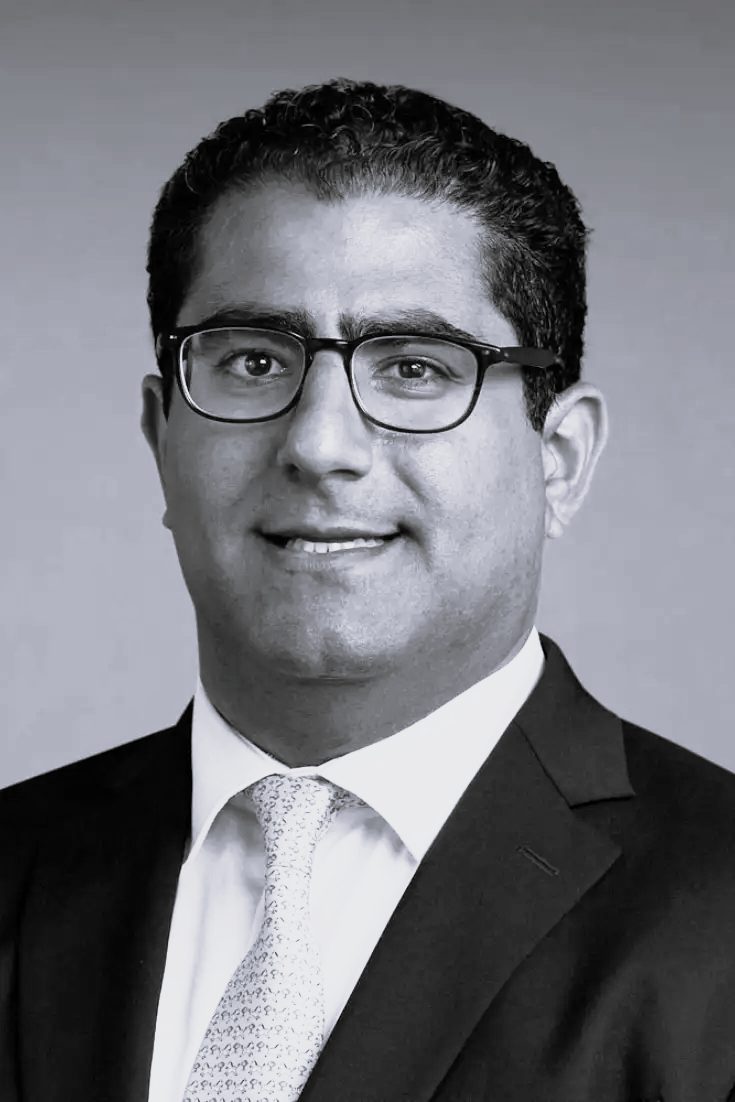
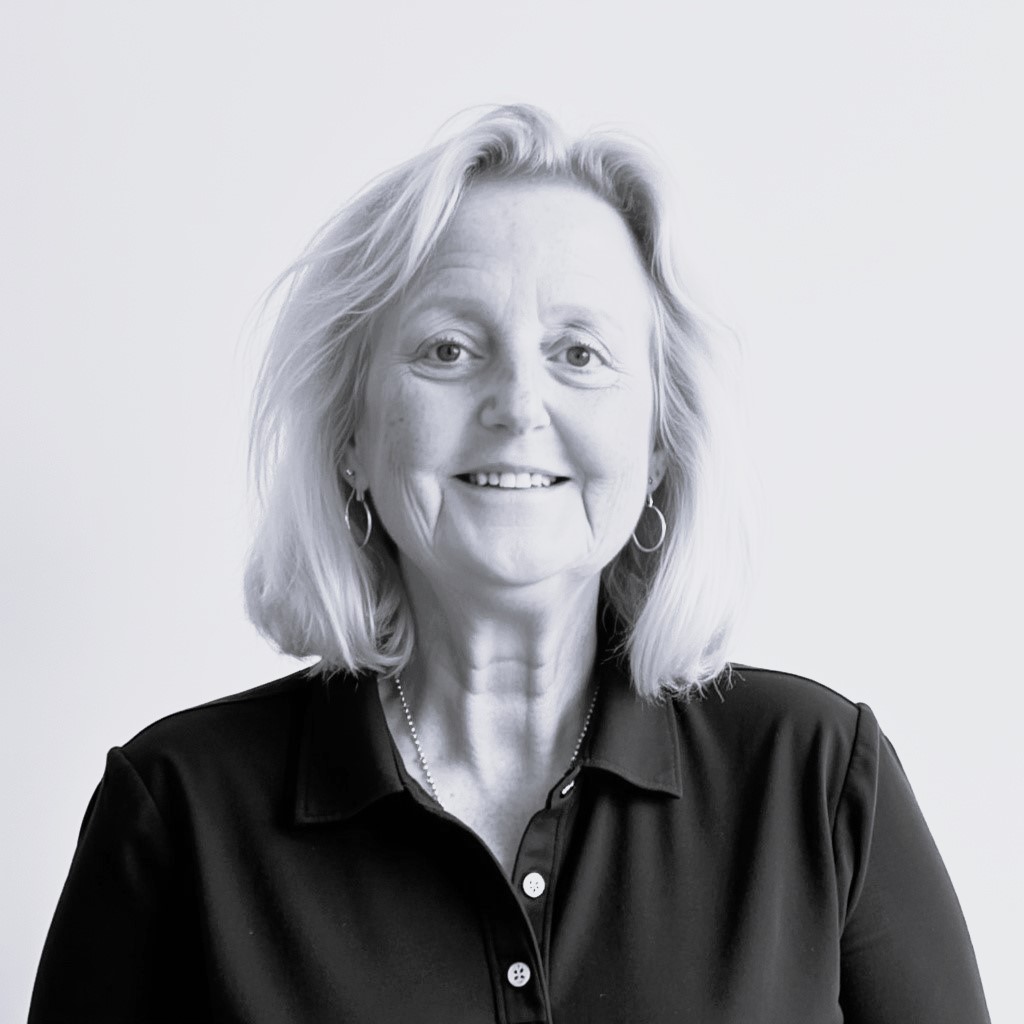


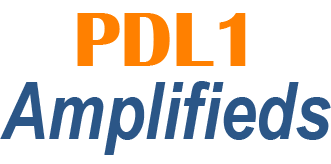
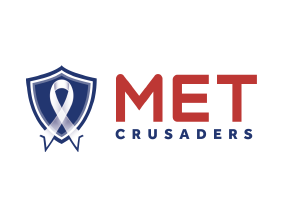
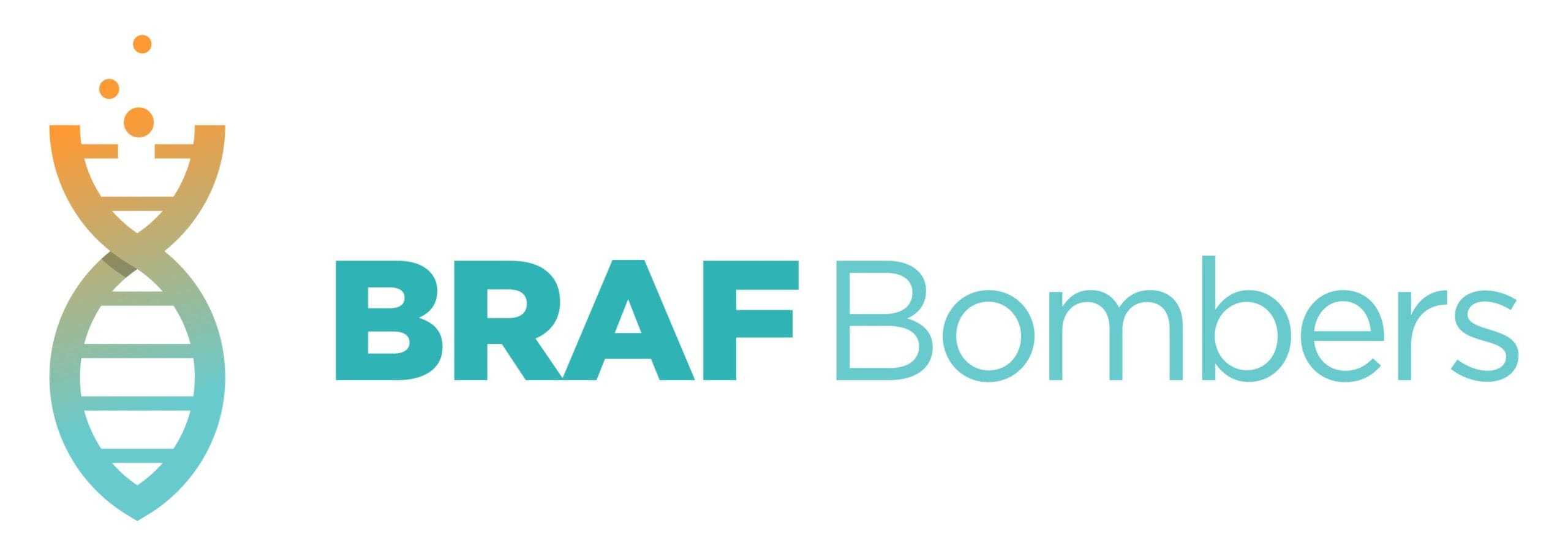
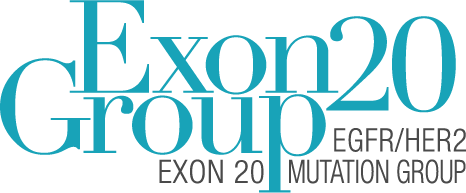
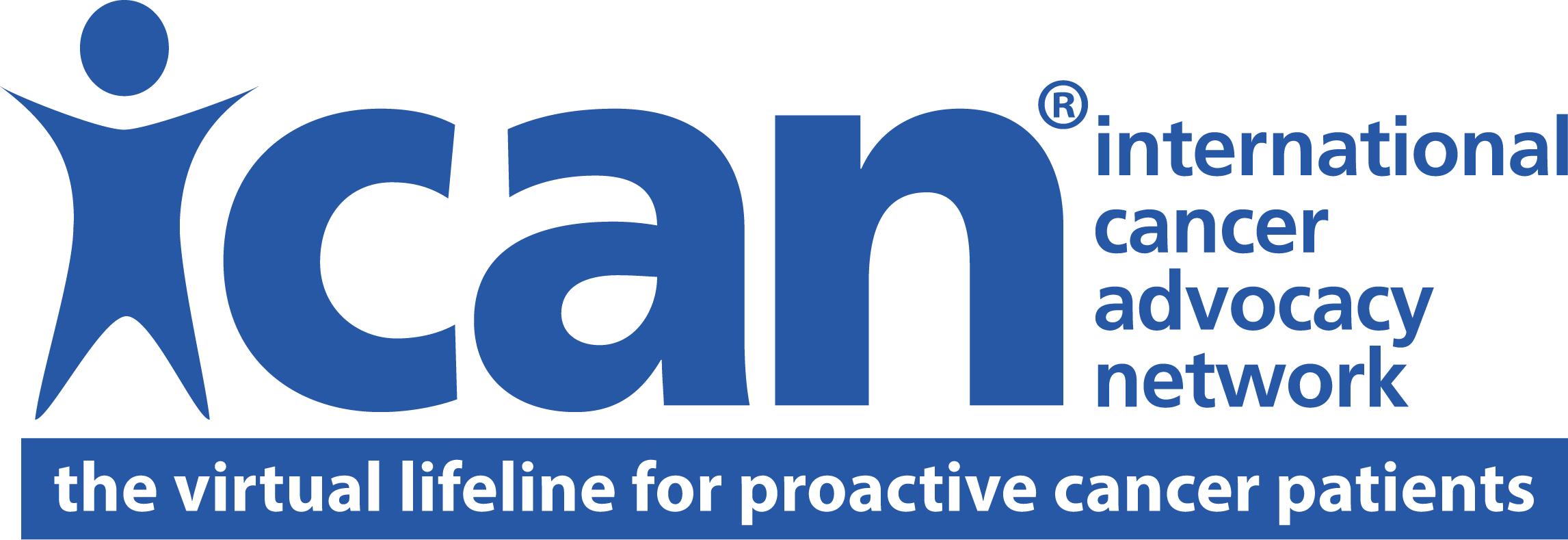
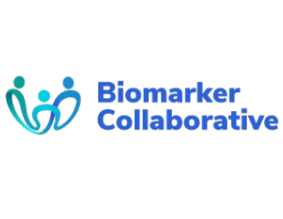
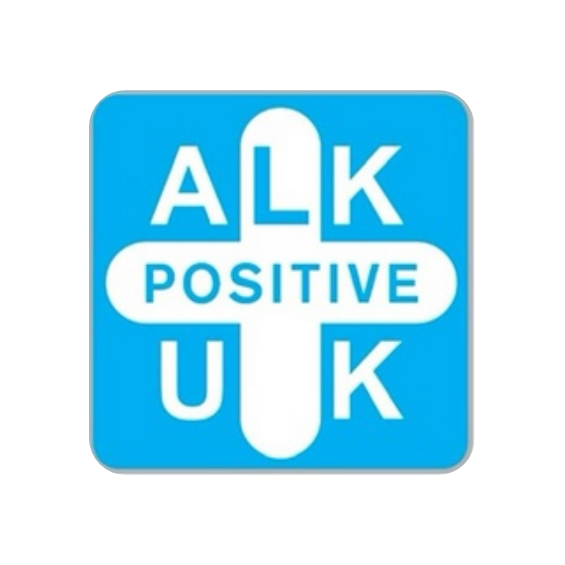





 Downloadable
Downloadable  20 MIN
20 MIN
 Feb 2026
Feb 2026 








